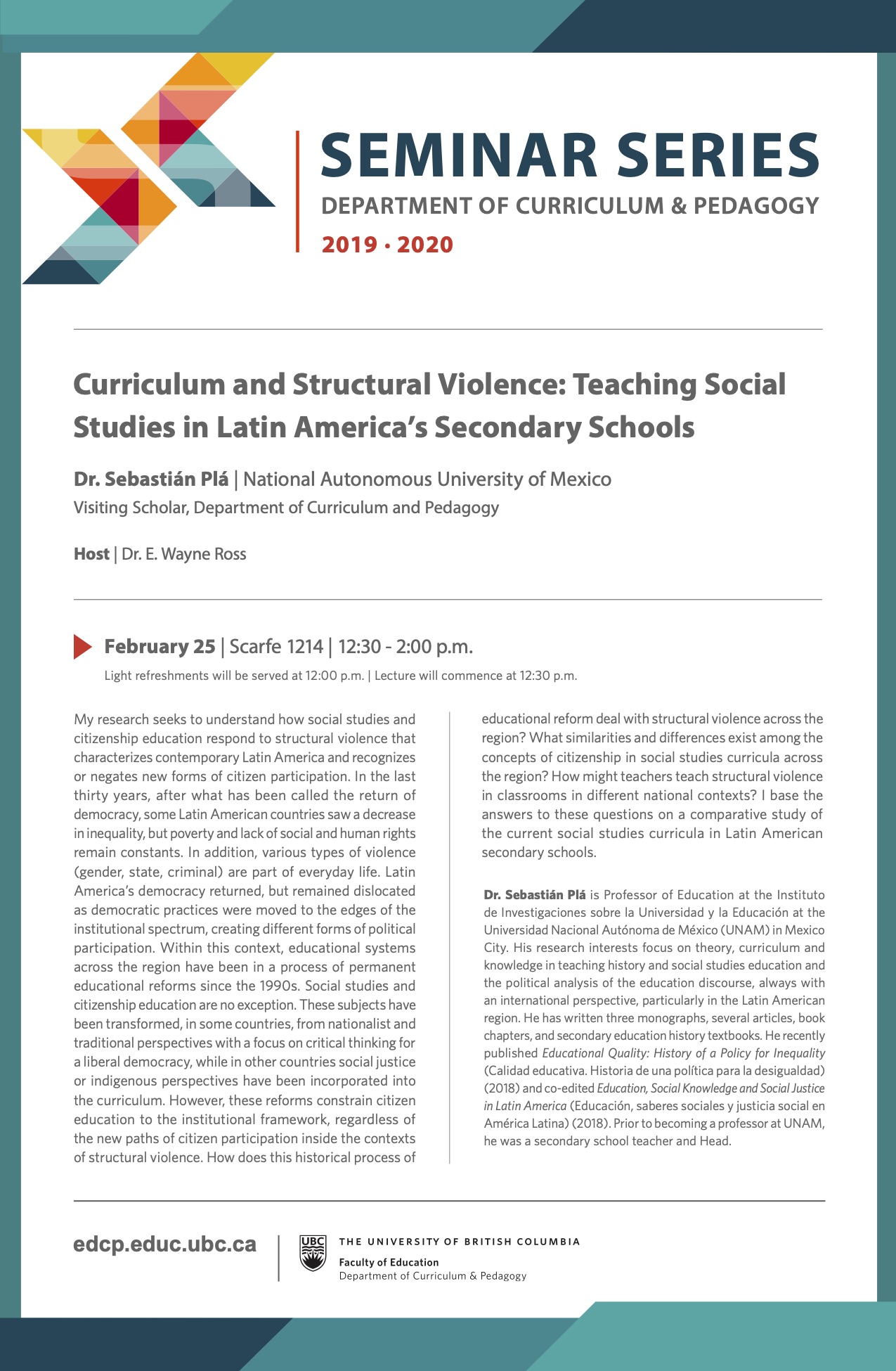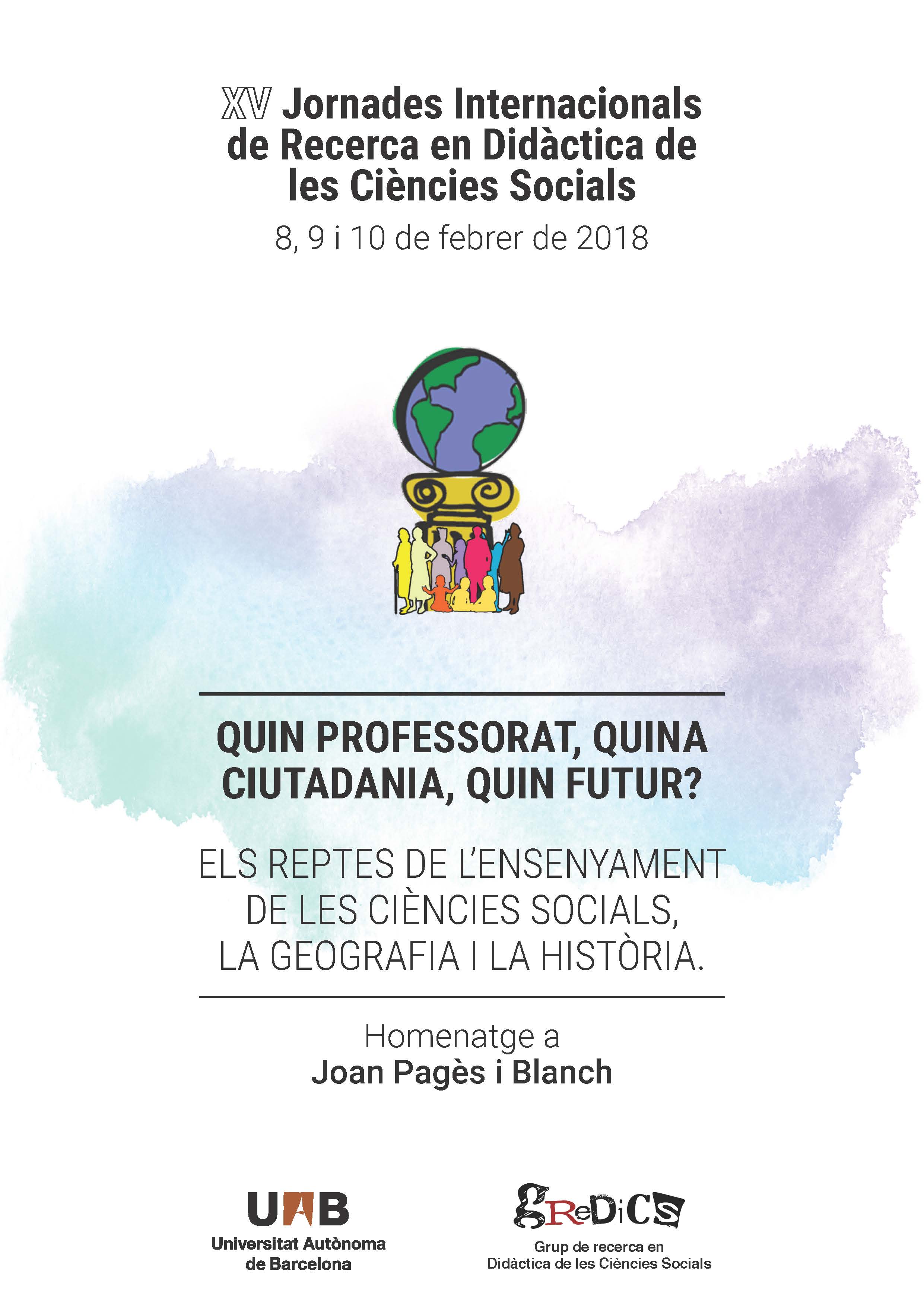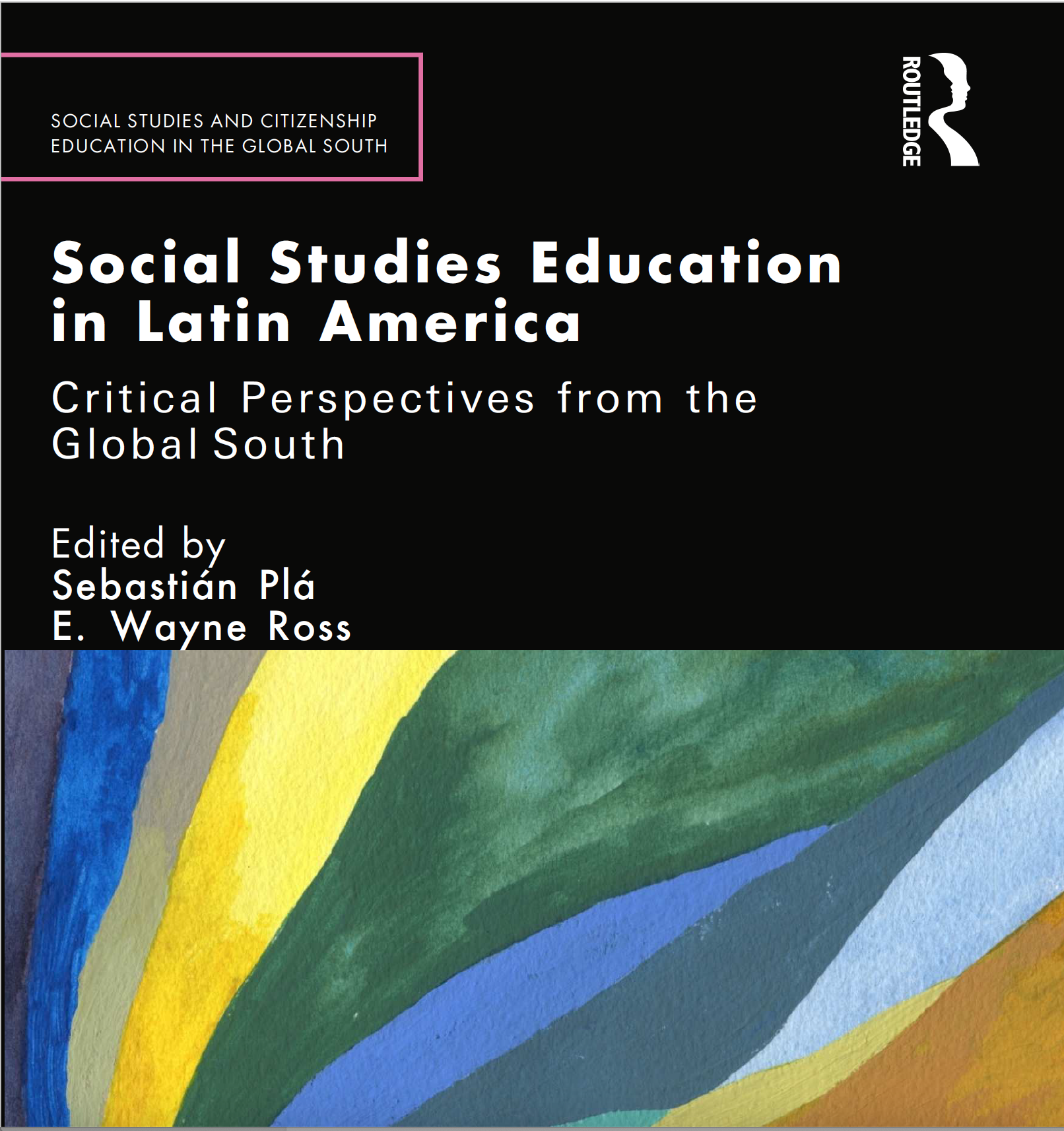 I’m pleased to provide a sneak peak of a new book coming out from Routledge later in 2022.
I’m pleased to provide a sneak peak of a new book coming out from Routledge later in 2022.
Social Studies Education in Latin America: Critical Perspectives from the Global South will be the first entry in a new Routledge books series titled Social Studies and Citizenship Education in the Global South. The book and book series are edited by Sebastián Plá (Professor at the National Autonomous University of Mexico) and me.
This book offers a path forward, for the growing collaboration in social studies education between Global North and South educators, practitioners, and researchers. In this volume, leading critical social studies education researchers from Latin America explore the constant presence of colonialism, capitalism, patriarchy, and state violence. Chapter contributors represent a large part of the continent, and offer perspectives on a wide range of topics, including; recent history and memory, cultural dimensions of social studies education, and comparative studies among Latin American countries.
By bringing together this critical work in one volume, the book fosters conversation across geographic regions to transcend the national contexts for which these analyses are generally produced. This collection provides insights into issues of curriculum, teaching, teacher education and research in the region and will be of interest to readers both familiar with and new to research on social studies, history, citizenship, and geography education in Latin America.
Table of Contents
Preface
1. The New Social Studies Research in Latin America: An Introduction
Sebastián Plá & E. Wayne Ross
2. Educational Trajectories in an Adverse Political Context: The Social Sciences and History in the Colombian School
Sandra Patricia Rodríguez Ávila
3. Education, History, and Memory in the Chilean School: A Perspective on Chile’s Recent History from the Narratives of High School Students
Fabián González Calderón & Graciela Rubio Soto
4. Interculturalism in the Training of History Teachers: Persistence of the Disciplinary Code
Omar Turra Díaz & Juan Salcedo-Parada
5. Decolonial Pedagogy: Intersections and Resistances of Memory and History, in Mapuche Communities of Southern Chile
Carolina Huenchullán Arrué
6. Afrodescendant in Latin America and Social Studies: A Perspective from Mexico
Gabriela Iturralde Nieto
7. When Gender and Sexuality Intersect with History Teaching: Brazil is Burning
Fernando Seffner
8. Crossroads of History Teaching and Learning and Political Science in Latin America: TheResidenteProject
Luis Fernando Cerri
9. Disciplinary Codex in History Education
María Paula González
10. On the History We Teach Every Day: Historics, Historiography and Philosophy of History
Ana Zavala
11. The Critical Reading of the Southern Geographical Reality: The Challenge of School Geography
José Armando Santiago Rivera
12. The Panorama of Social Studies in Latin America Curricula
Sebastián Plá
Advance Endorsements
“The New Social Studies Research in Latin America is an achievement and an opportunity to facilitate a better exchange of ideas and more equal academic discussion. Written by leading researchers in Latin America and edited by key authorities in the field, it opens access to Latin American social studies research in their own words. The book is an essential read for social studies academics and practitioners who are open to being challenged and engaging in more ethical constructions of knowledge.” – Dr. Edda Sant, Reader in Education, Manchester Metropolitan University (UK)
“There is an essential uniqueness to The New Social Studies Research in Latin America that could truly benefit social studies education in North America. We are in urgent need of a global lens and vital dialogue that examines the political, economic, and social histories inherent to Central and South America. Like none before, this book will bring to our classrooms perspectives on power and a wonderful opportunity to shift our practices.” – Dr. Cinthia Salinas, Ruben E. Hinojosa Regents Professor in Education, University of Texas at Austin (USA)
“The collection of critical research on social studies in Latin America, in dialogue with global issues, makes The New Social Studies Research in Latin America an indispensable contribution to the renewal of critical social studies education.” – Dr. Antoni Santisteban Fernández, Professor & Director of the Department of Didactics of Language and Literature, and Social Sciences, Autonomous University of Barcelona (Spain)
“The New Social Studies Research in Latin America offers readers vital insights into critical teaching and learning. The chapters call upon educators to account for the classed, gendered, and racialized nature of systems born in Empire and inequality and for the capacities of communities to learn themselves into a more just co-existence.” – Dr. Kent den Heyer, Professor, Department of Secondary Education, University of Alberta (Canada)
“Language has become a barrier to knowledge and exchange between research carried out in countries whose language is of Latin origin, in our case Spanish and Portuguese. It is important to promote and discuss the knowledge created in Latin America, which makes The New Social Studies Research in Latin America relevant.” – Dr. Ángel Díaz-Barriga, Institute for Research on the University and Education, National Autonomous University of Mexico (Mexico)
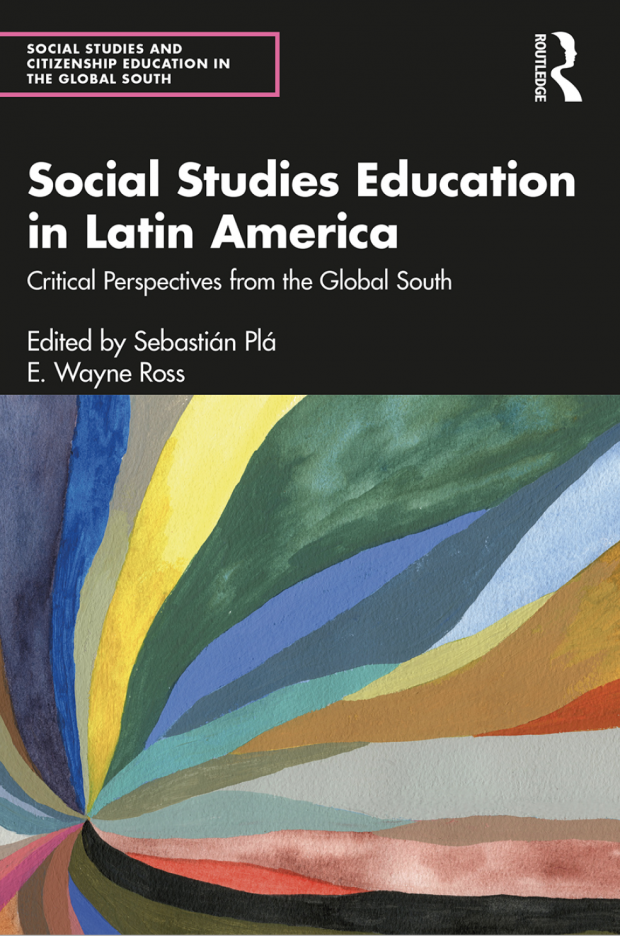
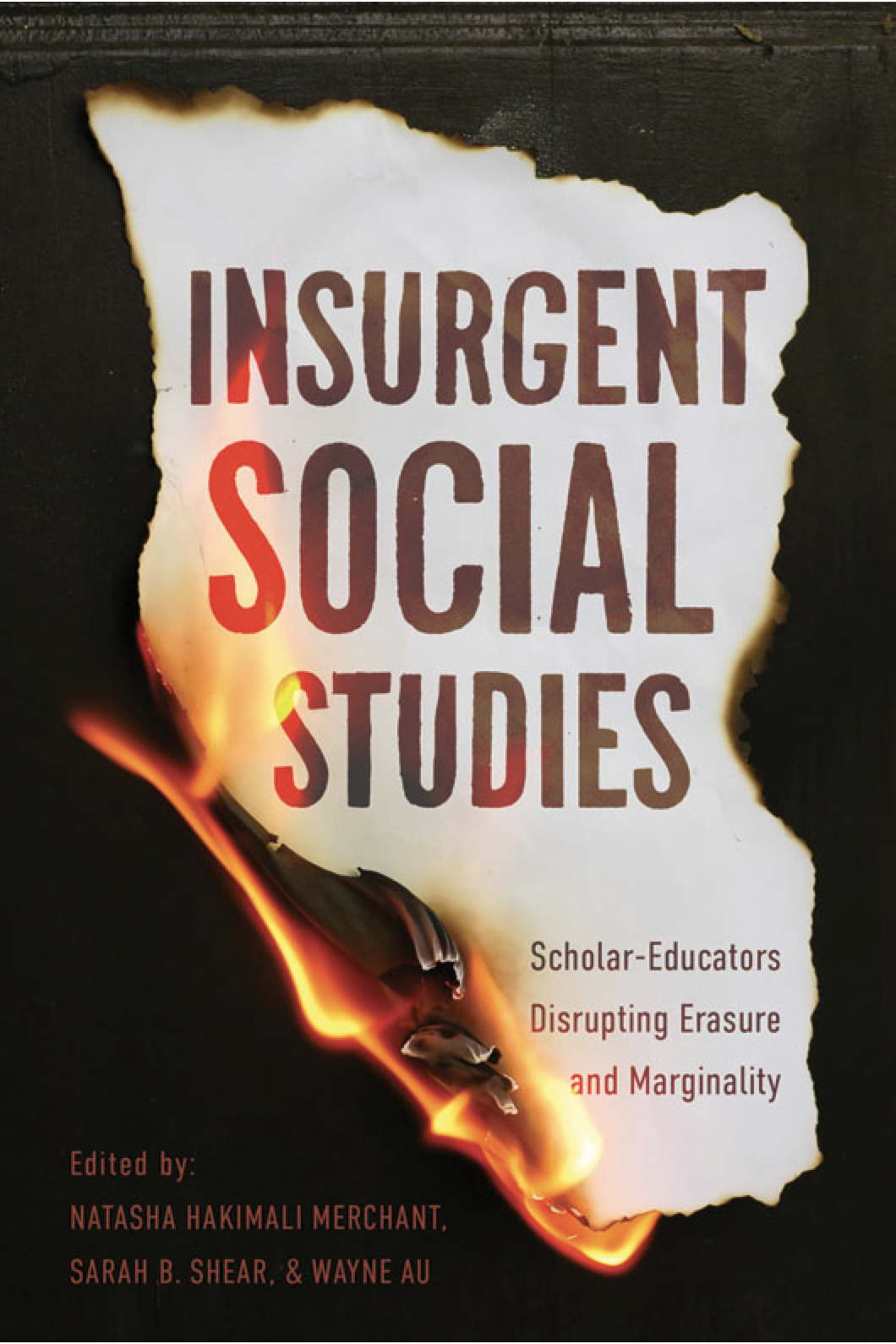
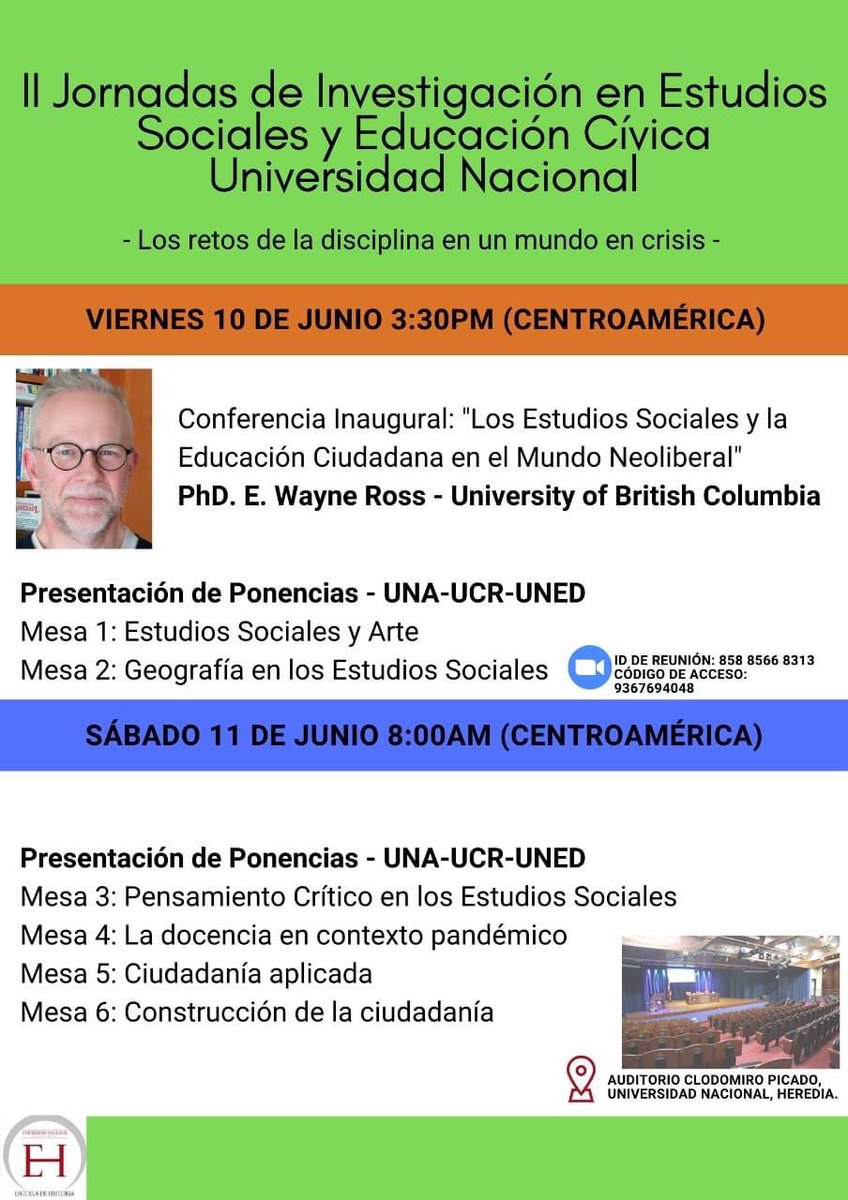
 I’m pleased to provide a sneak peak of a new book coming out from Routledge later in 2022.
I’m pleased to provide a sneak peak of a new book coming out from Routledge later in 2022.